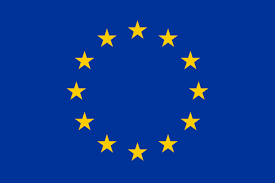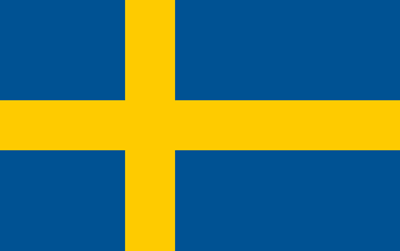Environmental Policy
Trying to combine a sound and progressive environmental approach with shopping is a bit like trying to have the cake and eat it. It is a dilemma that all companies offering products, and to a certain extent services, share. Since we care about the environment we want to do what we can to ensure that the climate, carbon and environmental footprints become as small as possible and that we in every given situation will choose the least damaging alternative.
It is not always easy, but we are convinced that it makes a difference as long as we work actively with these issues and continuously try to improve all things that matters in our processes.
To begin with, all Poppy Posters are printed on a paper which is archivally durable, something that will prolong its longevity profoundly. The paper is also environmentally certified which means that it is produced from trees harvested from responsible forestry that cares for people and the environment. The printing company we exclusively work with is quality and environmentally certified in accordance with ISO 9001 and ISO 14001, has FSC and PEFC traceable certificates as well as the Nordic Swan Ecolabel. The printing technique used is also more ecofriendly than conventional techniques.
Our frames are wholly made of FSC-certified pine, regardless of color and size. The frames are made in Sweden, which means we have control over the manufacturing process which follows the strict swedish environmental laws. Even our mat boards are made in Sweden, are completely acid free, not just the surfaces but also the core, which is not always the case in our business.
The packaging we use is mostly made of recycled material, therefore we only use brown cardboard which also means that no bleeching process is needed. As far as possible we try to minimize the size of the packaging without compromising the protective function it is meant to have. Apart from the fact that less packaging material is wasted, smaller sized packaging also has less impact on the climate when transported. We try to avoid plastic as much as we can, which is why most of our parcels come solely in our brown packaging without the typical e-commerce plastic bags around them that so many webshops usually send their products in.
Transport plays a big role, some studies have concluded that the growing e-commerce unfortunately has increased the carbon dioxide emissions, because many shops offer free returns if the customer changes her mind or wishes to exchange a product for another. That kind of policy means that more people buy more products without being certain that they really want them in the first place, or sometimes ordering more products than they intend to buy and returning the ones they don´t want. This of course seems completely reasonable when it doesn´t cost the customer a single penny extra. But what the increased transportation is costing the environment, few people think of when buying things online. This is the reason we have chosen to charge a small fee for returning a product, hoping that it will make our customers think twice before going through with a purchase. Free returns are of course applicable anyway, even if you have to pay a small fee for the cost of the actual transportion of the product back to us. Other aspects of the increasing e-commerce can actually have improving effects on the environment, but the big picture is still complicated and our understanding is that not even experts in the field have a fully clear answer to give today. In any case, we promise to improve ourselves in every way we can that relates to environmental and climate issues and to do so continously when we learn from new knowledge.








